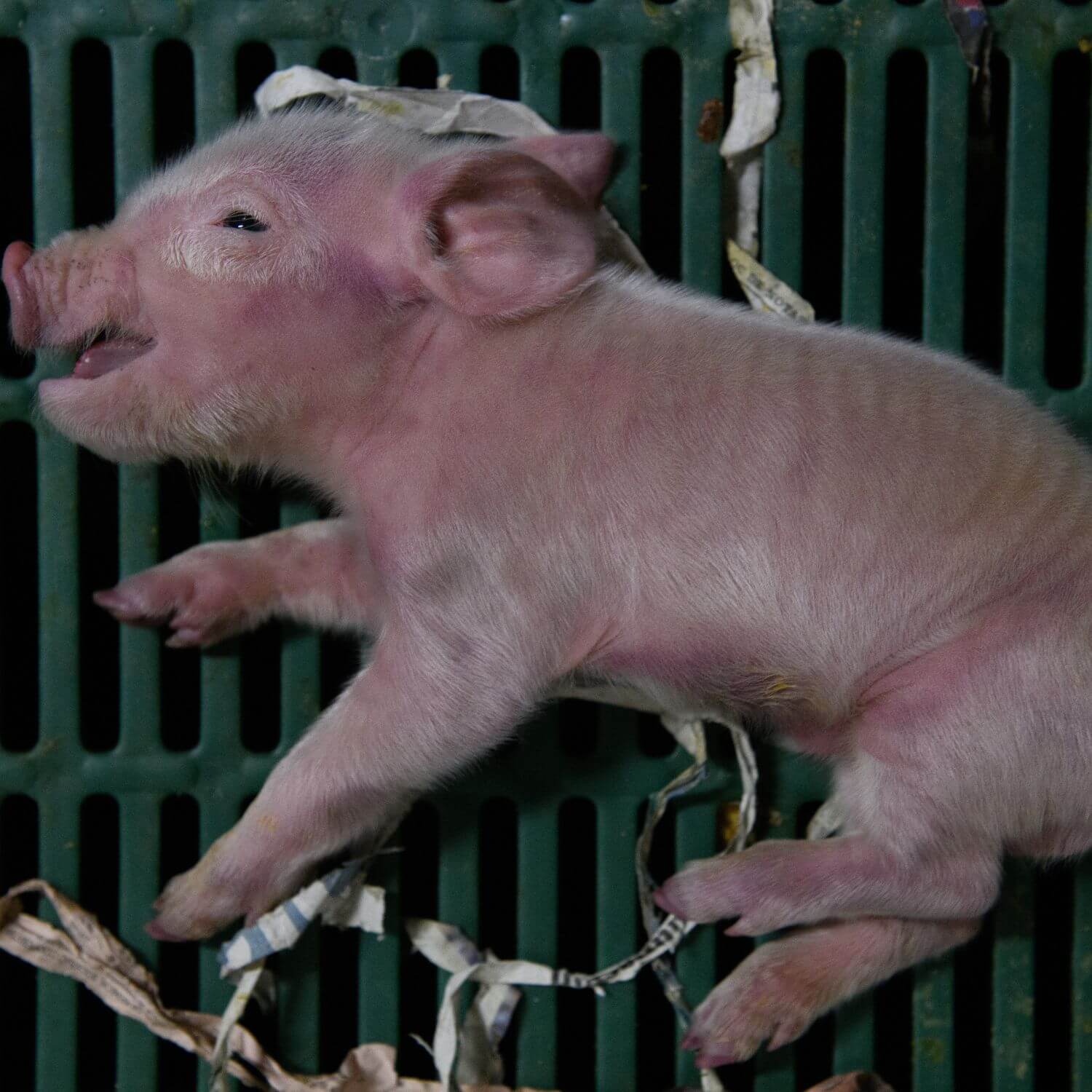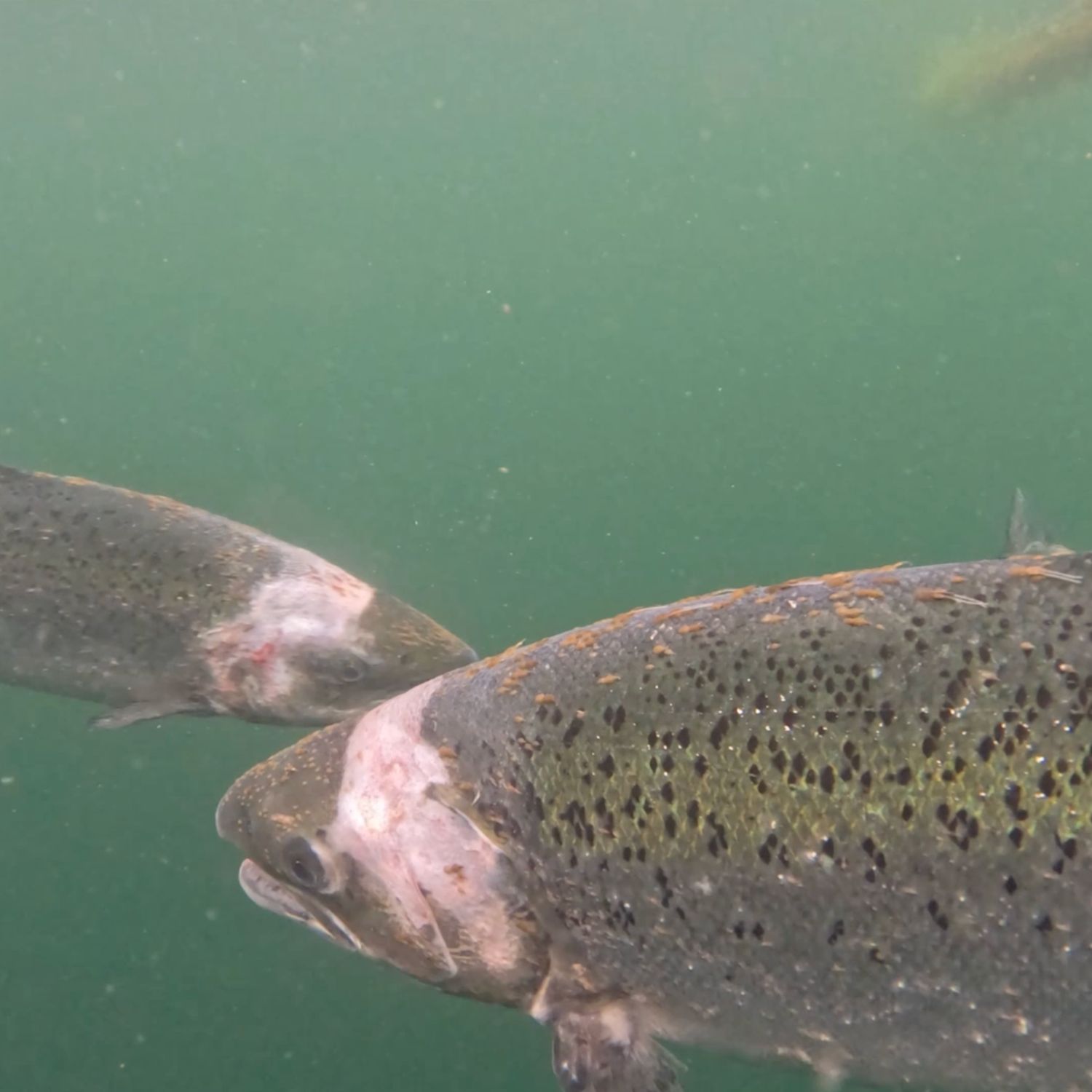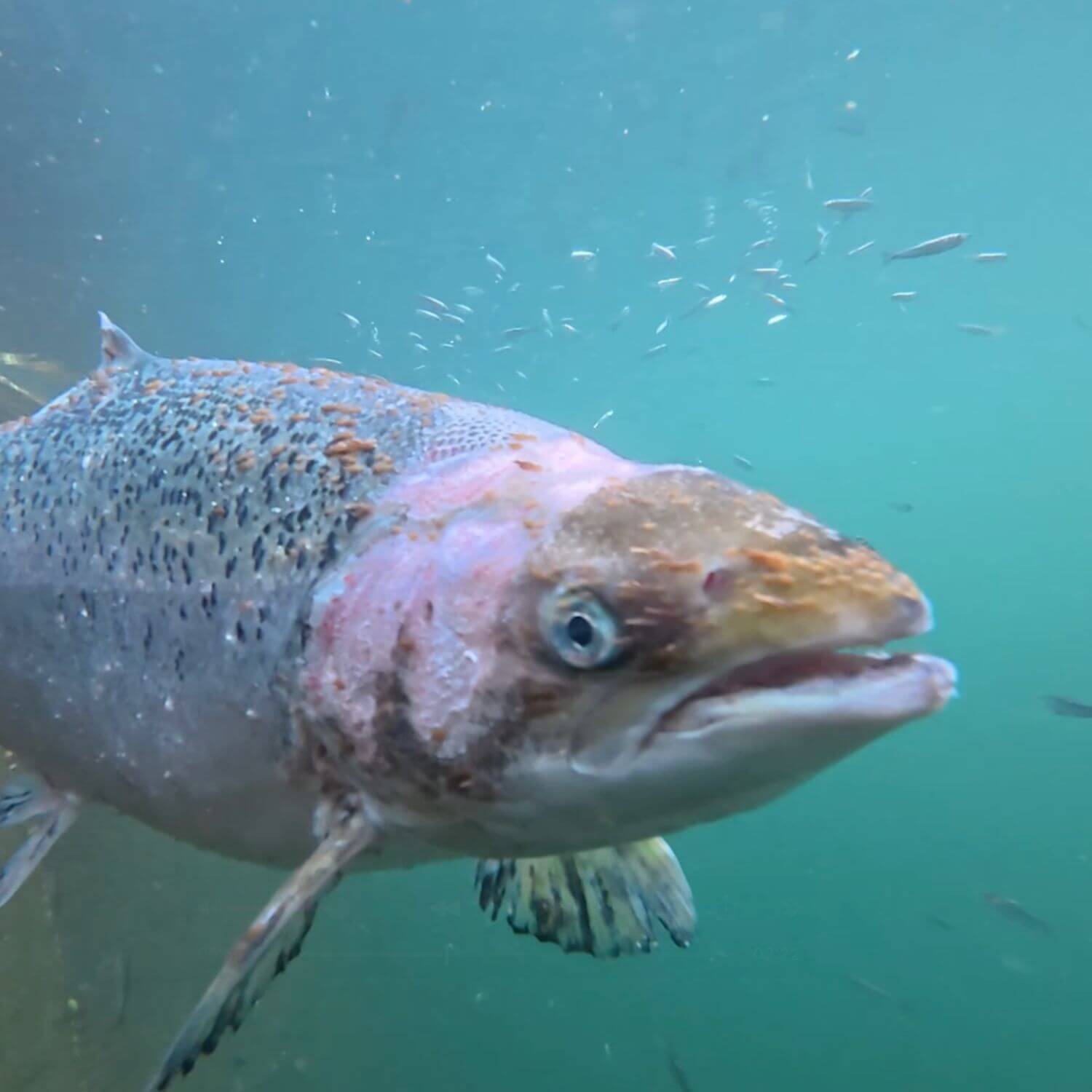Bakkafrost’s Attempt to Silence the “Kayak Vigilante”
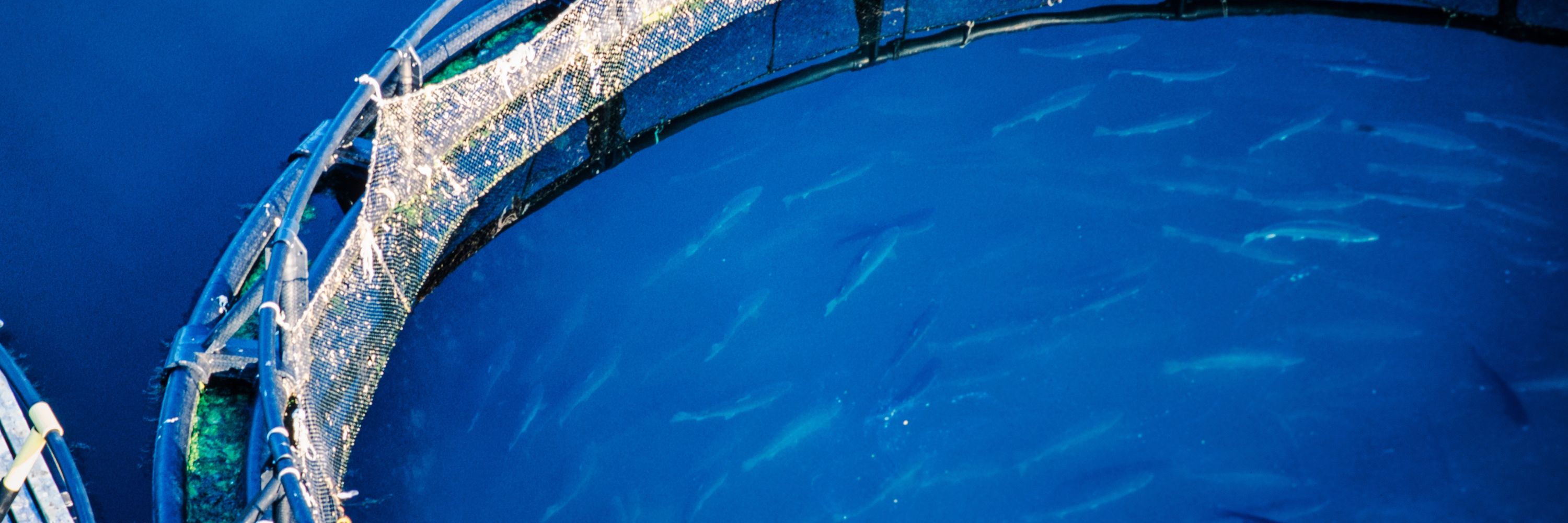
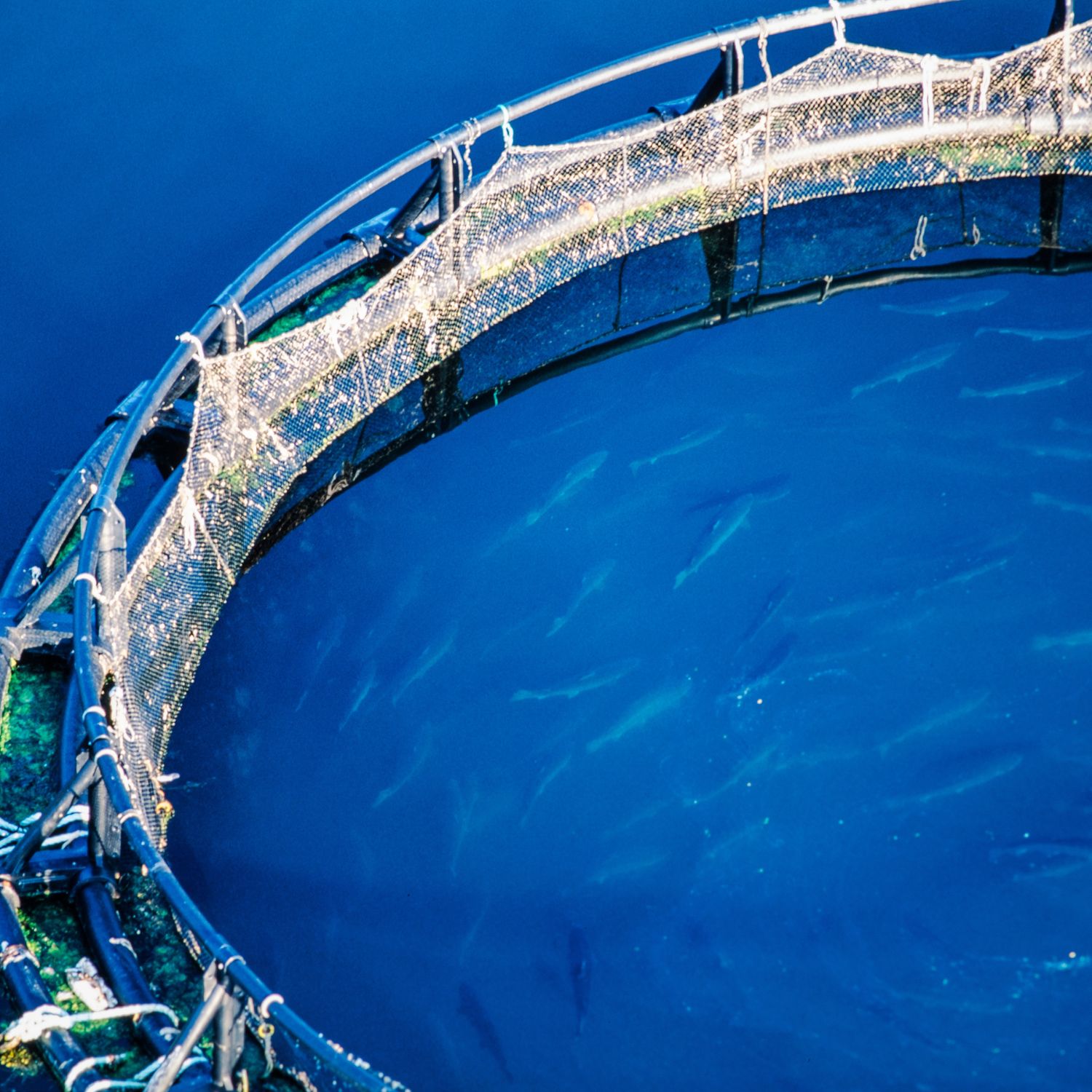
In September 2025, Bakkafrost – a company profiting from farmed salmon – asked the courts to ban Don Staniford, known as “the Kayak Vigilante,” from coming within 15 metres of any of their sites. This includes their Edinburgh headquarters, hatcheries, fish farms, and even their boats.
An animal rights activist being legally forbidden from going near salmon farms, boats, or hatcheries might seem excessive – and the question is, why? If there were no suffering taking place, no fish being eaten alive by sea lice, no animals left blind or deformed, and no polluted waters caused by feed and medication – there would be nothing to expose. But these things do happen. They happen every day in salmon farms.
Trying to impose what is essentially an ag-gag order on Don Staniford and those who work with him is not just about one person. It’s a dangerous move for all activists, and for anyone who cares about what happens to animals; especially in places hidden from public sight, along the quiet coastlines where suffering is easy to ignore.
This isn’t new. Between 2004 and 2010, the UK government, police, and industry cracked down on animal rights activists they considered “extreme.” The result was a tightening of laws and a chilling effect on protest – with serious consequences for human rights and freedom of expression.
What Bakkafrost is doing now echoes that same pattern: portraying activism as a threat instead of a form of accountability.
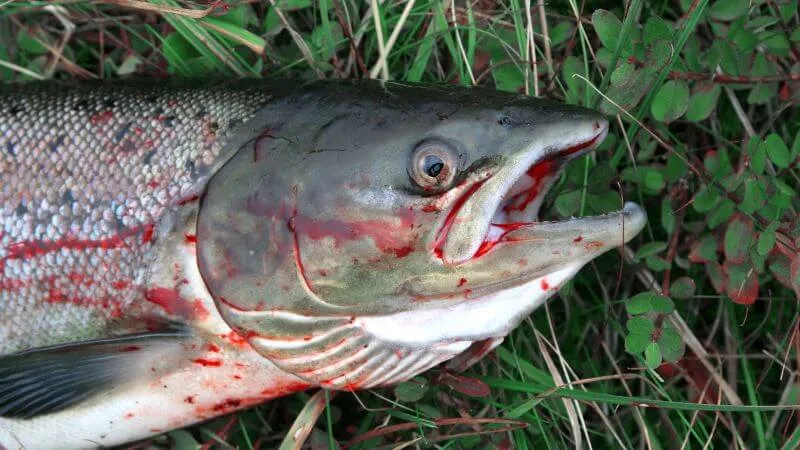
The Right to the Sea and to Knowledge
By asking that activists be barred from “any water-based sites,” Bakkafrost’s demand goes even further. They are attempting to limit access to parts of the sea – something that, under Scottish law, belongs to everyone. The Scottish Law Commission clearly states:
“At common law the public enjoy rights over the sea, seabed and foreshore. These are a right to fish, a right to navigate and a right of recreation.”
– Scottish Law Commission, Report on the Law of the Foreshore and Sea Bed
In other words, the sea cannot be claimed or restricted by any one company. To do so is to undermine public rights, the right to pass, to observe, and to bear witness.
This kind of legal action is not isolated. In 2019, Canada Goose secured an injunction preventing protests outside its Regent Street store in London. In 2023, MBR Acres – a company breeding dogs for testing – was granted a permanent injunction against demonstrations at its site in Wyton.
Each of these cases chips away at the same thing: the right to protest, the right to expose abuse, and the right to know where the products on our shelves come from.
Restricting activists like Staniford means restricting information – the kind that lets the public make informed choices about what they buy and what they support. It’s not just about fish farms. It’s about truth, transparency, and accountability.
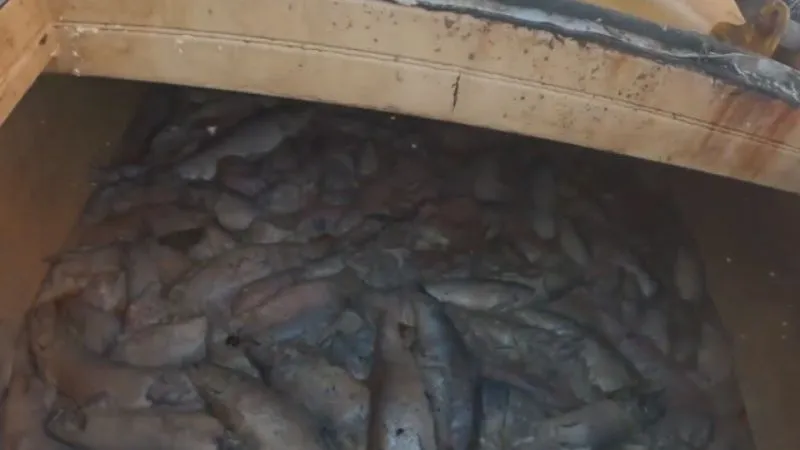
There is no world in which silencing peaceful protest or hiding evidence of animal suffering serves the public good. If a company that claims to uphold “high welfare standards” seeks to punish those who reveal what happens behind closed doors – or beneath the water – that should concern all of us.
When corporations use their power to intimidate or suppress smaller voices, it shows two things: how far they’ll go to protect their image, and how effective activism can be.
When huge corporations move against individual activists, it can be frightening. But it’s also a sign of impact. It means the truth is reaching people, and the industry is feeling the pressure.
If Don Staniford’s case tells us anything, it’s that this fight isn’t over – and that it’s making a difference. For the sake of the animals and the truth, we cannot accept gag laws or censorship.
We stand with Don Staniford. We stand with the animals. And we stand for the right to know.
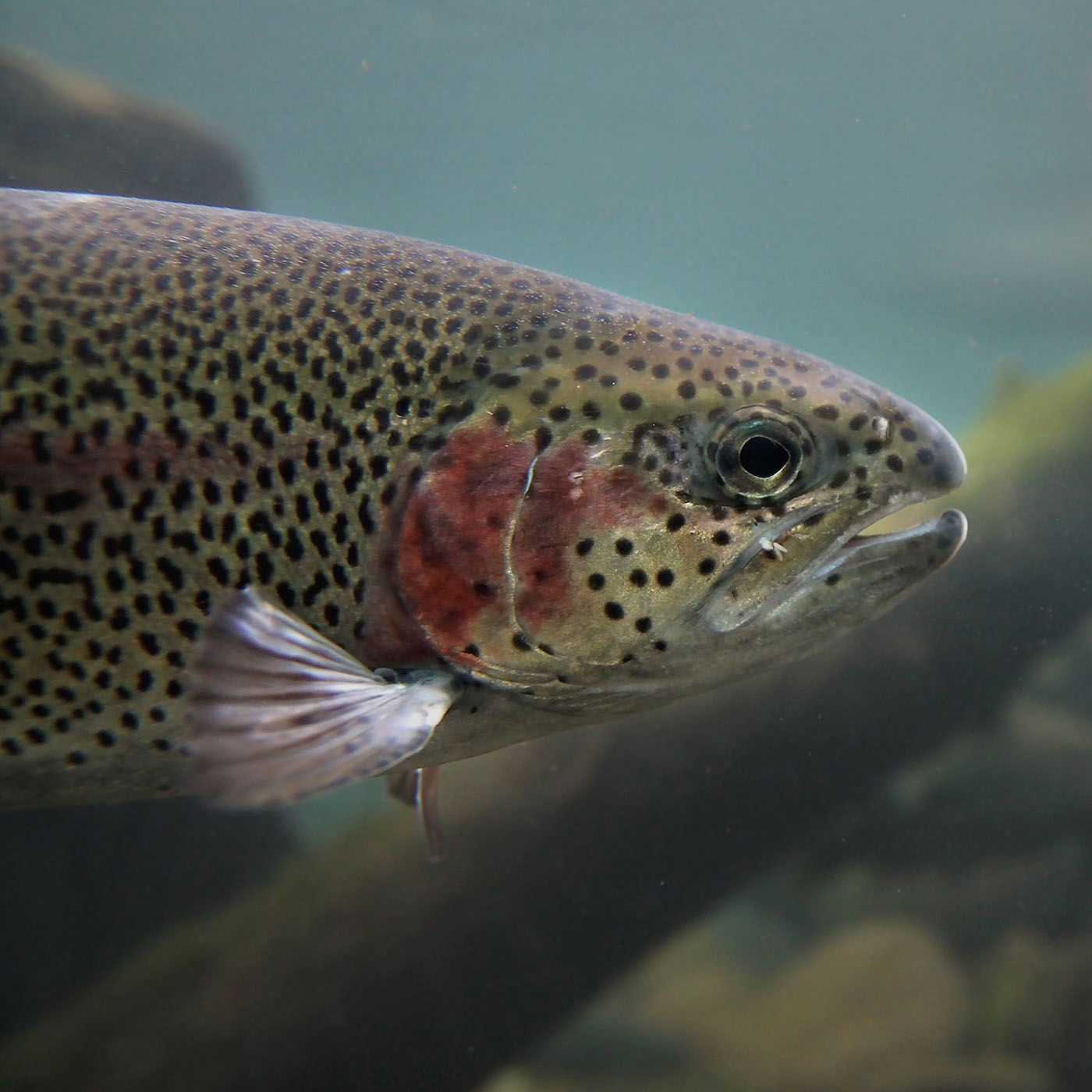
Protect Fish
Scientists confirm that fish feel pain and suffer. Protect these sensitive beings by choosing plant-based alternatives to animal food products.

